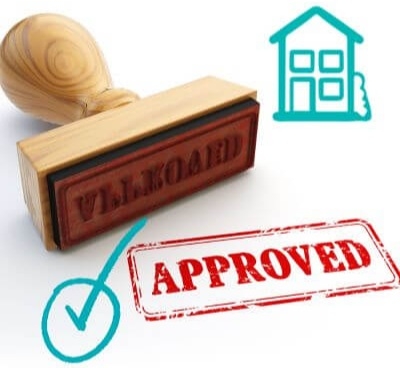Lake Properties Lake Properties
Buying a home is exciting, but let’s be honest—it can also be stressful, confusing, and even a little overwhelming. From browsing endless online listings to dealing with mountains of paperwork and negotiating prices, the process isn’t just about finding a beautiful house. That’s where a real estate agent comes in—they’re not just middlemen; they’re your guide, advocate, and sometimes even your sanity-saver. Here’s why having the right agent can make all the difference.
1. They save you time and energy
Imagine scrolling through listings late at night, trying to figure out which houses are worth visiting. A good agent filters the noise, pre-screens properties, and schedules viewings that actually match what you’re looking for. Instead of spending weeks chasing dead ends, they guide you straight to homes that meet your needs and budget. It’s like having a friend who knows exactly where the gems are hidden.
2. Local expertise you can’t Google
Photos online can be deceiving. A street might look charming but floods during rainy season. A neighbourhood could seem quiet but have late-night traffic. Experienced agents know these nuances. They can tell you which schools are genuinely good, which areas are appreciating in value, and even where the best coffee shops and parks are for your lifestyle. Their local insight is often more valuable than any online listing or property description.
3. Negotiation skills that save you money
Buying a home can be an emotional rollercoaster. Without experience, it’s easy to overpay for the wrong house or miss out on negotiating repairs after an inspection. Skilled agents know when to push, when to back off, and how to structure offers so you’re protected. Often, their guidance alone saves buyers thousands—simply by knowing the market and understanding human psychology in negotiations.
4. Access to more and sometimes hidden listings
Some of the best homes aren’t even online yet. Agents often have early or off-market access, giving you a chance to see properties before everyone else. They can also provide a Comparative Market Analysis (CMA) to show what similar homes have sold for recently. This insight ensures you pay a fair price—and sometimes helps you snag a property under market value.
5. Paperwork, deadlines, and legal guidance
The paperwork in buying a home can be a nightmare. From purchase agreements and bond applications to transfer forms and disclosure statements, missing a detail can cost time, money, or even the deal itself. A real estate agent coordinates all parties—conveyancers, banks, inspectors—so you don’t have to chase everyone individually. They’re like project managers for your home purchase, keeping everything on track and minimizing mistakes.
6. Connections to trusted professionals
Good agents aren’t just selling houses—they’ve built networks over years. They can connect you to reliable inspectors, mortgage brokers, electricians, movers, or handymen. Having someone you can trust on call makes the buying process smoother and reduces the risk of costly errors.
7. Emotional buffer and objective advice
Let’s face it: falling in love with a home is easy, but falling for a house with hidden issues is painful. Agents provide reality checks. They can calmly point out things you might overlook—like hidden maintenance costs, poor layouts, or bad resale potential—so you make a rational, informed decision. Their objectivity balances the excitement and helps prevent regrets later.
8. Guidance tailored to your lifestyle
A top agent doesn’t just sell you a house—they help you find a home that fits your life. For example, if you have children, they’ll point out family-friendly streets, nearby schools, and parks. If you work from home, they’ll suggest spaces with good light, sound insulation, or proximity to amenities. It’s about more than bricks and mortar—it’s about finding the place where your life happens.
Lake Properties’ Agent Tip
“Before you even start looking, get pre-approved for a mortgage and make two lists: a ‘must-have’ list and a ‘nice-to-have’ list. Pre-approval gives you credibility in the eyes of sellers, and the lists keep you focused on what truly matters. When a property ticks all your must-haves, act decisively. The right home won’t wait, and hesitation can mean missing out.
If you know of anyone who is thinking of selling or buying property in Cape Town, please call me
Lake Properties
083 624 7129
www.lakeproperties.co.za
info@lakeproperties.co.za
Lake Properties Lake Properties





















